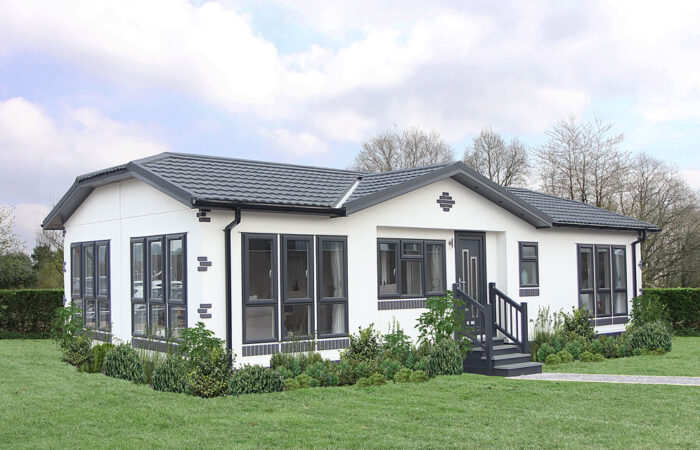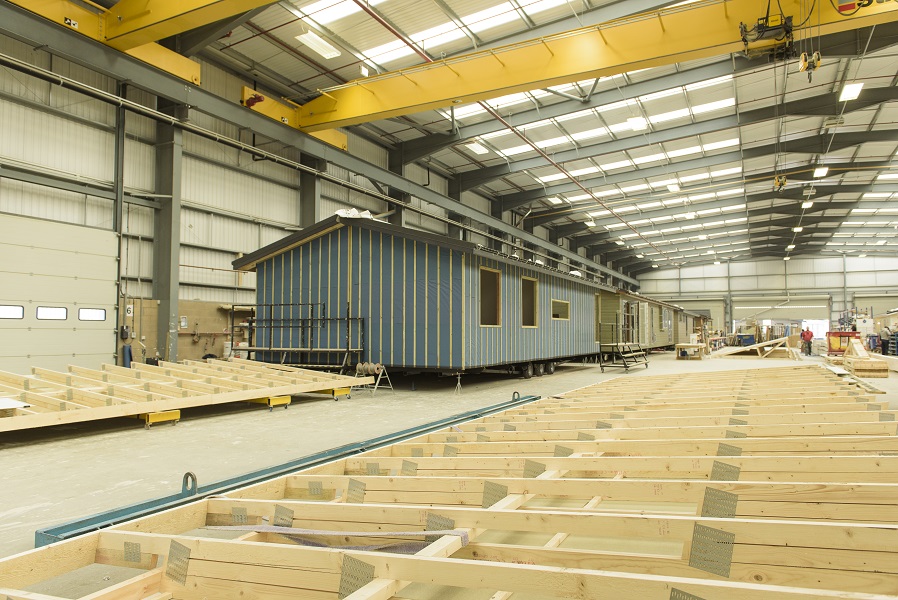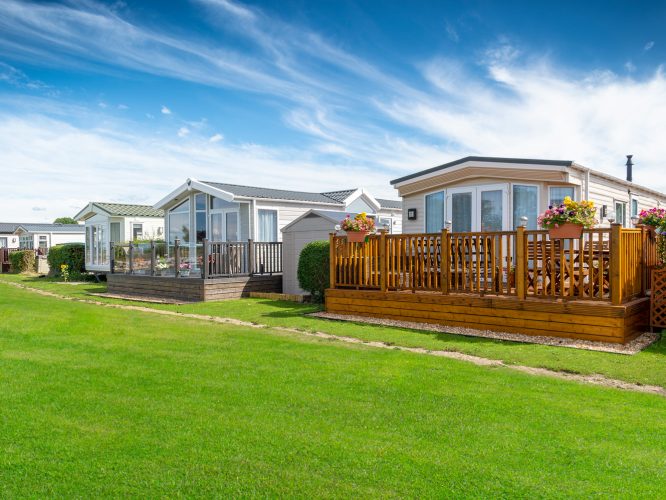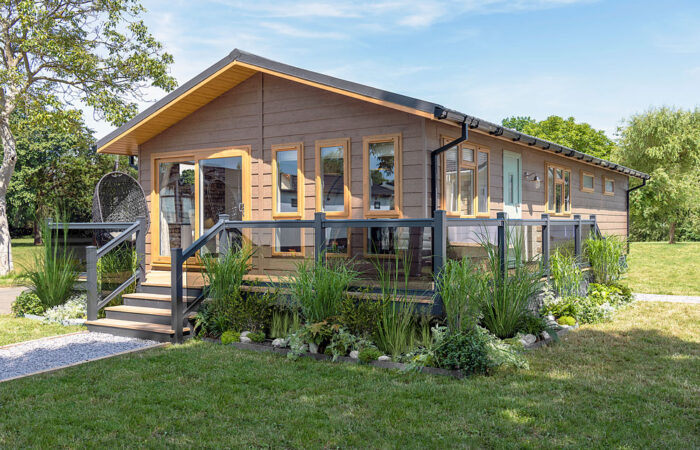Differences between Residential and Leisure parks explained
If you’re considering buying a park home to live in permanently, you’ll need to ensure the park you choose has the suitable license and is for Residential use rather than Holiday/leisure occupancy.
The fundamental difference between the two park types is that residential parks have the necessary license to allow residents to live in the park all year as their primary dwelling, whereas leisure parks can only be used as a second home.
Residential Parks
Residential parks are typically age-restricted to those over the age of 45-55. With residents of a similar life stage, the parks provide a calm and tranquil environment with the added benefit of living in a community of like-minded people.
Residential park homes are available with a tenure known as Virtual Freehold. This means that when buying a residential park home, you purchase the physical property outright and lease the land it sits on in perpetuity, for the entirety of the time the home is sited. Note these properties are not mortgageable.
If you are unsure whether a park is for residential use, always ask to see the park’s site license. This states whether the park home you are considering is on a fully residential development or a holiday site. This license should be available on the park’s noticeboard. If not, you can ask the local council for this information. Quickmove holds copies of these licenses for partner parks in our network but if in any doubt, always ask to see this when visiting parks yourself.
We also recommend you consult a solicitor for further information if in any doubt.
In terms of build quality, residential park homes are built in accordance with British Standard BS3632, which requires that the home meet a minimum standard for a safe and adequate dwelling all year round. The Mobile Homes Act Agreement provides protection for residential park homeowners as well as a legal framework for park owners to follow. Leisure parks don’t come under this act and therefore don’t receive the same protections.
For more information on park home build quality, see our blog ‘How long does a residential park home last?’
Leisure Parks
A leisure park’s specific licence prohibits it from being used as a primary residence and allows it to only be used for holiday/leisure purposes. Some ’12 month leisure parks’ may be open all year, however you will need to provide evidence of a primary residence elsewhere where you pay council tax, to comply with the leisure site licence. The tenure of a leisure park home is ‘leasehold’ usually with a fixed term.
The building regulations of holiday homes differ from those of residential homes, however, they must still be built to meet the existing BS3632 regulations. The key difference between these and the BSEN1647 regulations is the standard surrounding insulation. This is because a holiday home doesn’t need the same level of insulation as a residential one, as it’s not built for permanent living.
Park Home costs and site fees
Leisure homes are often significantly cheaper to buy than residential park homes. This is because the leasehold license for a leisure home is usually set for a specific period of time, for example, 15 years, 25 years, or 50 years.
Site fees for a leisure park property (also known as pitch fees), are typically more expensive than for a residential park home as the parks often have leisure facilities for use by owners.
The issue of council tax is another significant distinction between residential and leisure properties. A holiday property is exempt from council tax, although a residential park home like any other traditional property, is required to pay it.
In Summary…
Residential parks allow you to live there permanently. You can live there all year and are not required to own another property. Leisure parks are primarily designed for seasonal use. You cannot live there full-time as your primary residence, and you will be required to leave after a certain period of time. You often cannot stay in the park all year, even if it is open all year.
For more details or to browse Quickmove’s network of residential and leisure parks, check out our handy Find a Park tool and filter by residential or leisure.









